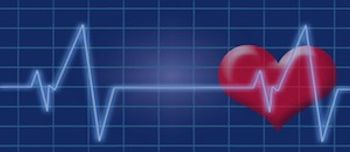
Lifestyle classes, or cardiac rehabilitation, are typically offered to heart attack patients unless the patient has a particular reason why it is not suitable for them.


Lifestyle classes, or cardiac rehabilitation, are typically offered to heart attack patients unless the patient has a particular reason why it is not suitable for them.

Engaging in discussions with patients at high risk of complications from COVID-19 without seeming patronizing is an important skill that many pharmacists should practice.

The STRIP examined the benefits of promoting cardiovascular health by dietary counseling from infancy to early adulthood.

According to new research, biomarkers that signal whether a patient's cancer treatment may be harming their heart have been identified.
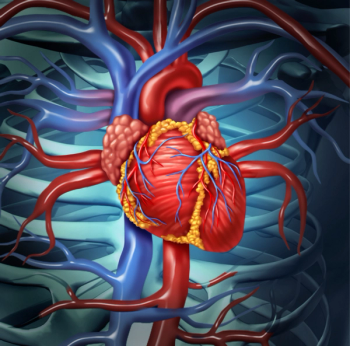
There continues to be a debate in the scientific community about the role that angiotensin-converting enzyme inhibitors and angiotensin II receptor blockers play in coronavirus disease 2019 infection.

According to the researchers, women living in rural areas have a higher rate of premature death compared with those who are in more urban areas.
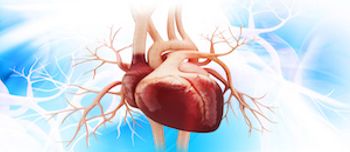
Patients with cardiovascular disease who develop COVID-19 have a higher risk of mortality, according to a SCAI press release.

A protein, known as FOXO1, plays a critical role in heart damage resulting from treatment with the chemotherapy drug anthracycline.
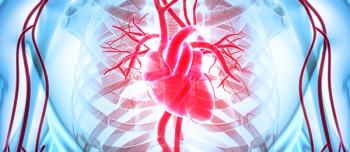
There have been reports of patients with COVID-19 having ST-segment elevation (STE) and, even after invasive coronary angiography, continuing to show no signs of COVID-19.

According to a recent study in the Heart journal, regular tub bathing is linked to a lower risk of death from heart disease and stroke.

Study shows rivaroxaban (Xarelto, Bayer) following nonmajor orthopedic surgery reduced the risk of major venous thromboembolism by approximately 75% compared with enoxaparin.

Patients with symptomatic peripheral artery disease who took rivaroxaban (Xarelto, Bayer) saw a 15% reduction in the risk of major adverse limb and cardiovascular events.

A recent study has detailed information on the potential dangers and the application of QTc monitoring to guide treatment when using drugs that can cause heart rhythm changes.

A prespecified exploratory analysis using the safety data from the 3 trials indicated fewer major adverse cardiovascular events (MACE) with inclisiran compared with placebo.

All 3 trials reached their primary endpoints, specifically percentage change in low-density lipoprotein cholesterol (LDL-C) from baseline to 17 months and time-adjusted percentage change in LDL-C from baseline from 3 to 18 months.

Recently, many providers have become worried about the potential of certain medications to worsen transmission and outcomes in the setting of the global COVID-19 pandemic.

Staying on top of oral hygiene may be connected to a lower risk of atrial fibrillation and heart failure.

A new study has found that patients with heart failure with reduced ejection fraction receiving dapagliflozin decreased their risk of worsening HF or death from cardiovascular events.

Top news of the day from across the health care landscape.

Managing elevated cholesterol is one of the the key elements to decreasing negative outcomes in atherosclerotic cardiovascular disease.

A patient at age 65 with high blood pressure could extend their life by more than a year with intensive treatment focused on a target systolic blood pressure of less than 120 mm Hg.
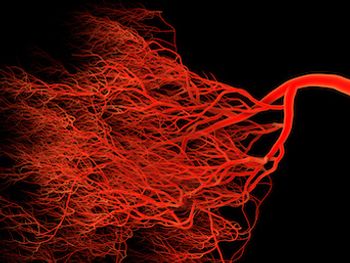
The Clinical Performance and Quality Measures included 6 performance measures, 6 process quality measures, and a new category of 10 structural quality measures for adults with high blood pressure.

Certain subgroups may see a greater reduction in heart failure hospitalizations and cardiovascular death with the combination of sacubitril and valsartan.
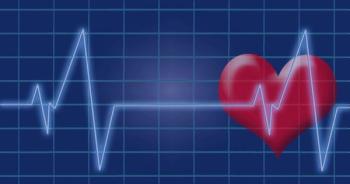
Top news of the day from across the health care landscape.

An analysis presented at the American Heart Association Annual Scientific Sessions showed that evolocumab (Repatha, Amgen) lowered the risk of cardiovascular events in patients who have recently had a heart attack.